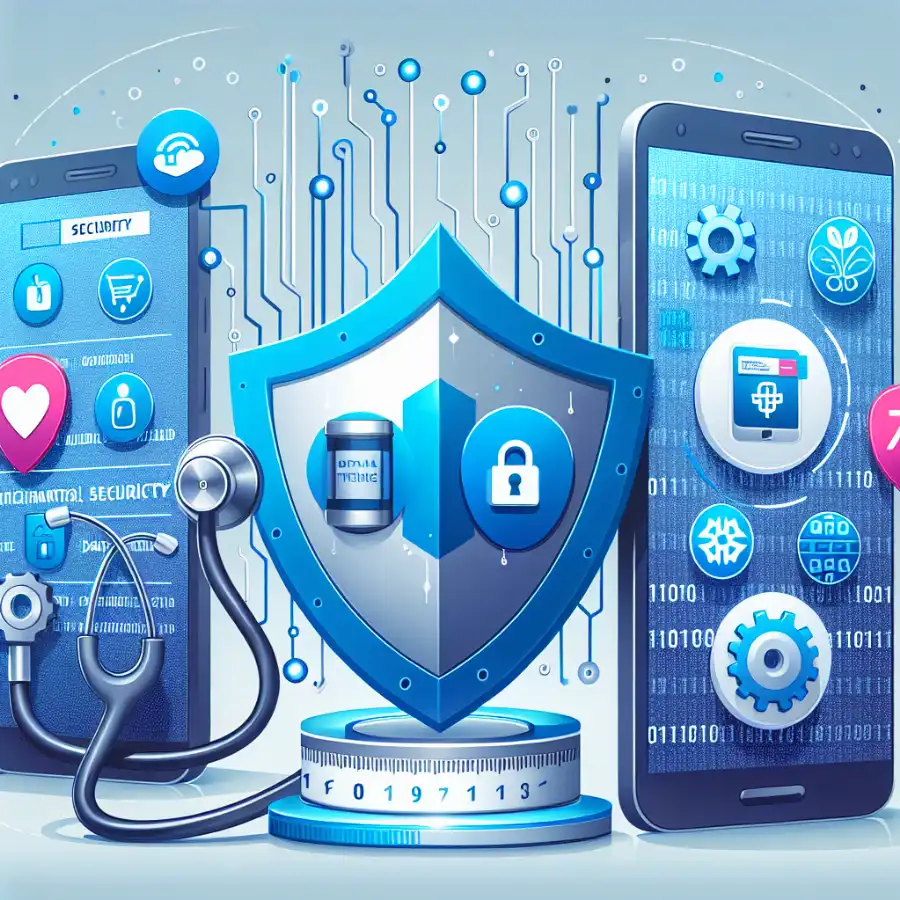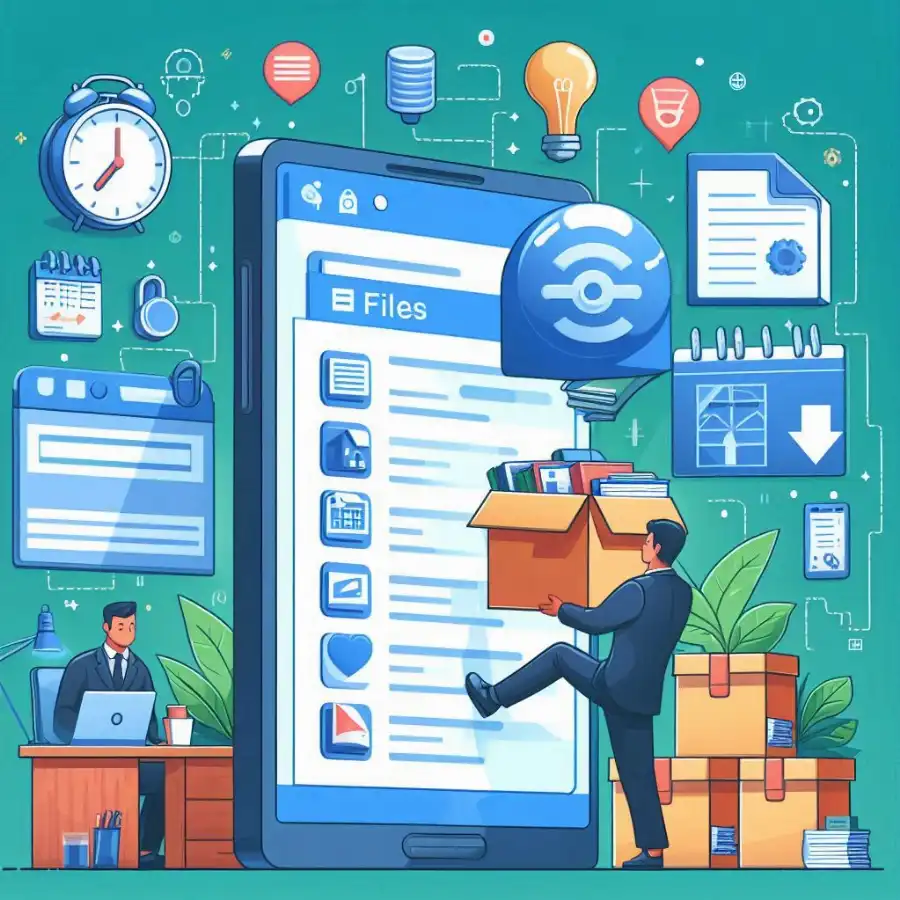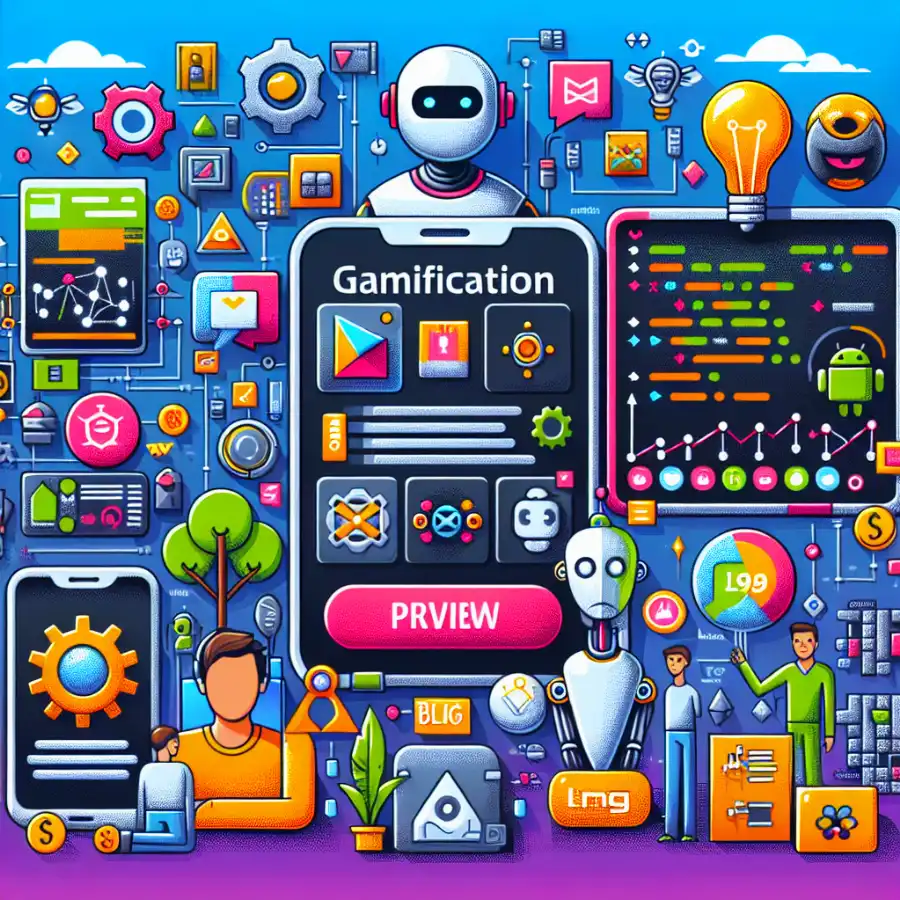Introduction
In today’s digital landscape, mobile applications have become integral to the healthcare sector, offering patients and providers unprecedented access to information and services. However, with this convenience comes the critical responsibility of ensuring data privacy. At FYKEL, we specialize in developing secure mobile applications using cutting-edge technologies like Laravel and React Native. In this article, we will explore the essential strategies for ensuring data privacy in healthcare mobile apps, addressing the unique challenges faced by developers and healthcare providers alike.
Understanding Data Privacy in Healthcare
Data privacy in healthcare involves protecting sensitive patient information from unauthorized access and breaches. The rise of mobile health (mHealth) applications has heightened concerns about how personal health data is collected, stored, and shared. According to a report by the U.S. Department of Health and Human Services, healthcare organizations must comply with regulations such as HIPAA (Health Insurance Portability and Accountability Act) to safeguard patient data.
The Importance of Data Privacy
Data privacy is crucial for various reasons, including:
- Patient Trust: Patients are more likely to engage with healthcare services when they trust that their data is handled securely.
- Regulatory Compliance: Non-compliance with data privacy regulations can lead to hefty fines and legal repercussions.
- Reputation Management: A data breach can severely damage a healthcare organization’s reputation, leading to loss of clients.
Key Strategies for Ensuring Data Privacy
Here are some essential strategies that developers and healthcare providers must implement to ensure data privacy in mobile apps:
1. Implement Robust Authentication Mechanisms
Secure authentication processes, such as multi-factor authentication (MFA), are vital in verifying user identities before granting access to sensitive data. FYKEL recommends integrating authentication solutions that require multiple forms of verification, such as:
- Passwords
- Biometric data (fingerprint or facial recognition)
- One-time passcodes sent via SMS or email
2. Secure Data Transmission
Data transmitted between mobile apps and servers must be encrypted. Utilizing protocols like HTTPS ensures that data remains secure during transmission. Additionally, employing technologies such as SSL (Secure Socket Layer) further enhances security, safeguarding against man-in-the-middle attacks.
3. Data Minimization
Healthcare apps should only collect data that is essential for their functionality. By minimizing the amount of personal data collected, healthcare organizations can reduce the risks associated with data breaches. FYKEL emphasizes the importance of conducting regular audits to ensure compliance with data minimization principles.
4. Regular Security Audits and Penetration Testing
Regular security audits and penetration testing are crucial for identifying vulnerabilities in mobile applications. At FYKEL, we perform comprehensive tests to uncover weaknesses and implement necessary fixes. This proactive approach helps in fortifying applications against potential threats.
5. User Education and Awareness
Educating users about data privacy practices is essential for fostering a secure environment. Provide users with clear information on how their data will be used, stored, and protected. This transparency builds trust and encourages users to adopt best practices, such as setting strong passwords and enabling MFA.
Compliance with Regulations
Healthcare mobile apps must adhere to various legislative frameworks that govern data privacy. Key regulations include:
HIPAA Compliance
HIPAA sets the standard for protecting sensitive patient information. Developers must ensure that their applications comply with HIPAA regulations by implementing necessary security measures, including:
- Data encryption
- Access controls
- Regular audits
GDPR Considerations
If your healthcare app operates in Europe or collects data from European citizens, compliance with the General Data Protection Regulation (GDPR) is mandatory. GDPR emphasizes user consent and gives individuals the right to access, modify, and delete their data.
Utilizing Advanced Technologies
To enhance data privacy, leveraging advanced technologies can be a game-changer. Some technologies to consider include:
Blockchain Technology
Blockchain offers a decentralized approach to storing data, making it nearly impossible for unauthorized parties to access sensitive information. By integrating blockchain technology, healthcare apps can enhance data security and integrity.
Artificial Intelligence (AI)
AI can be employed to monitor user behavior and detect anomalies that may indicate potential security breaches. By using machine learning algorithms, healthcare apps can adapt to emerging threats in real-time, ensuring a proactive security stance.
Conclusion
As the healthcare industry continues to embrace mobile technology, ensuring data privacy remains a paramount concern. At FYKEL, we are committed to developing secure mobile applications that prioritize data privacy while delivering exceptional user experiences. Our expertise in technologies like Laravel and React Native positions us as a leader in the healthcare app development space. If your organization is looking to build a secure healthcare mobile app, contact us today to discuss your project. Together, we can create a secure and efficient mobile solution that meets the needs of your patients and complies with all necessary regulations.





